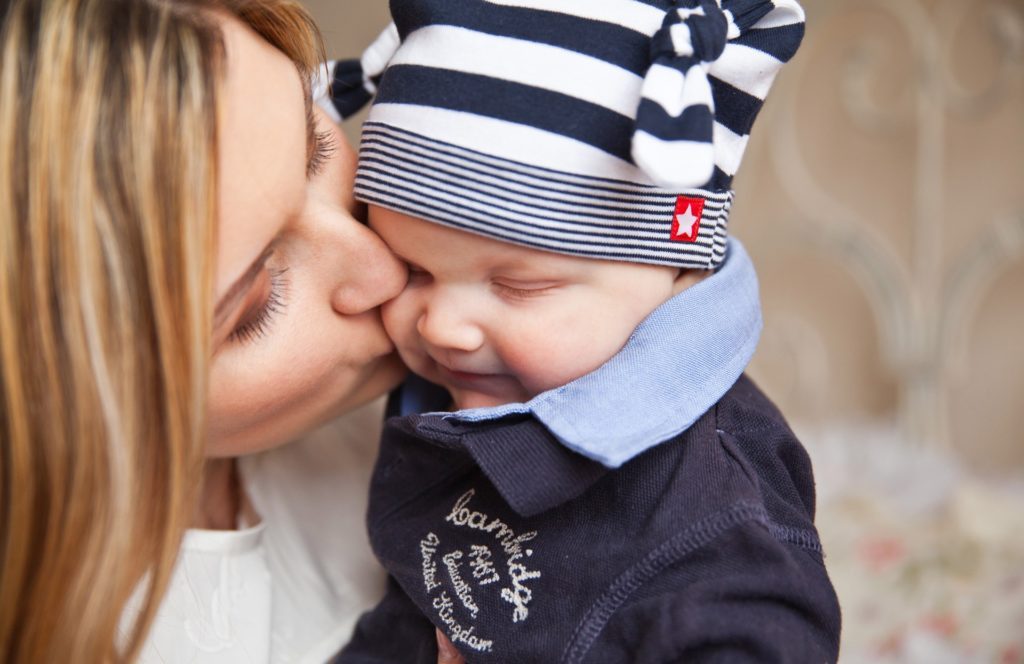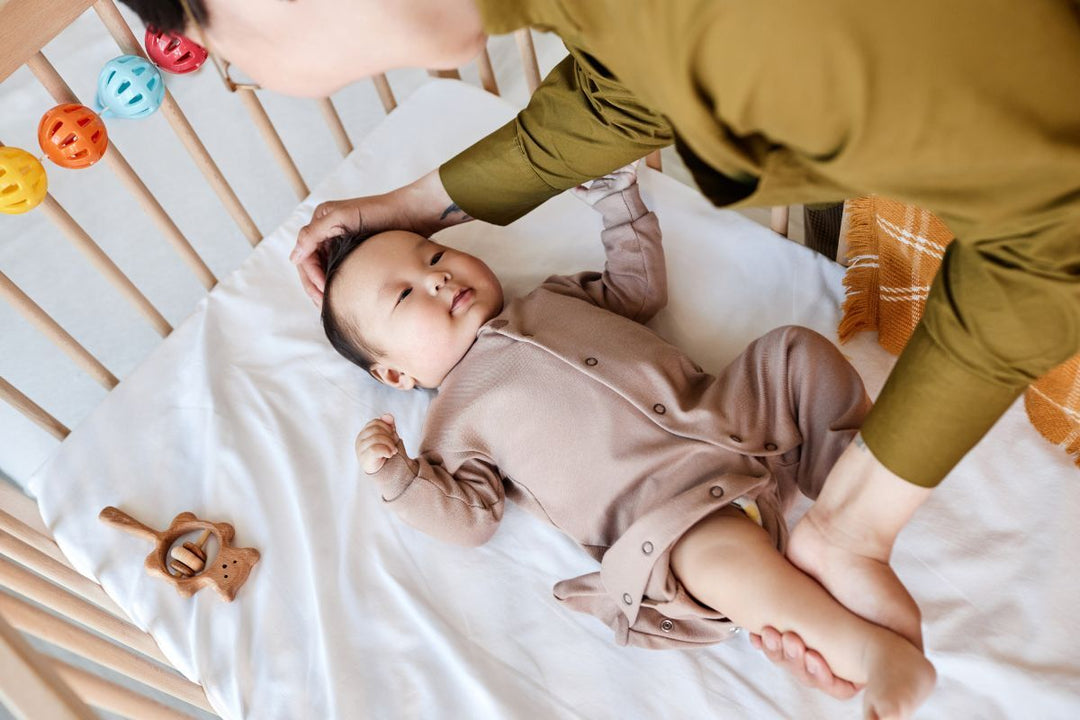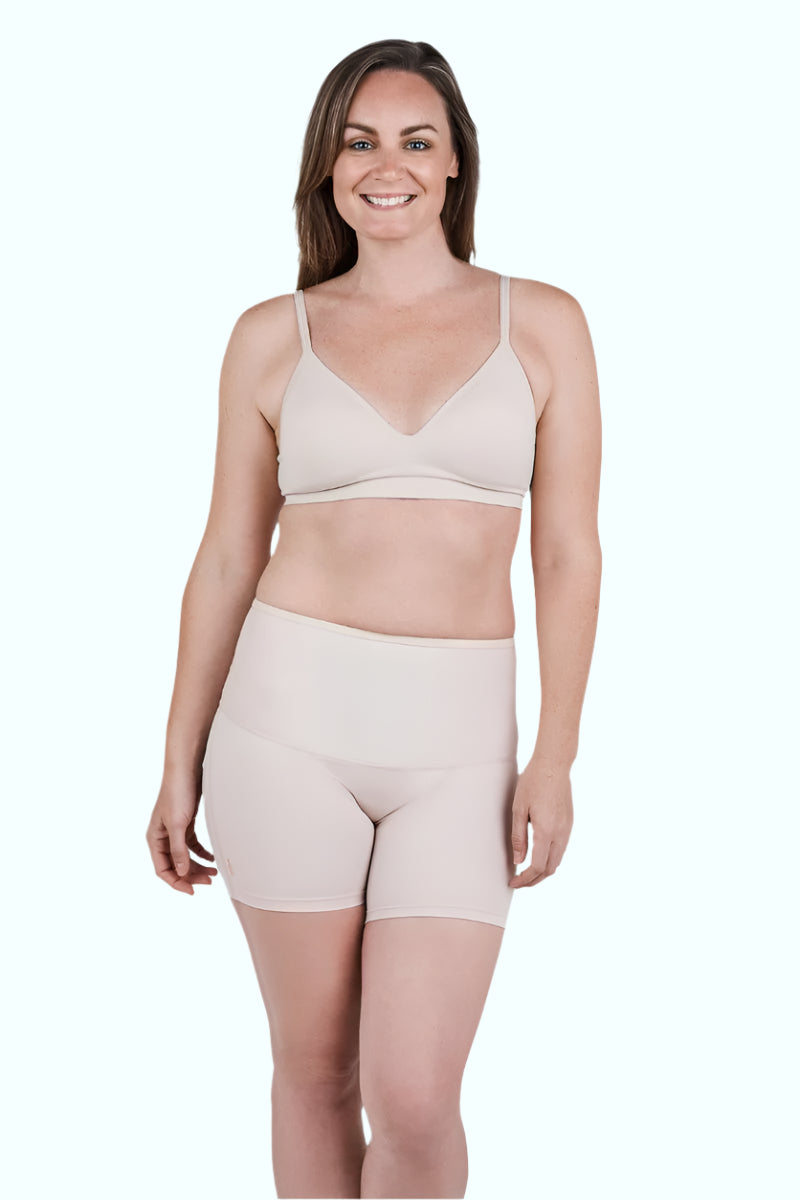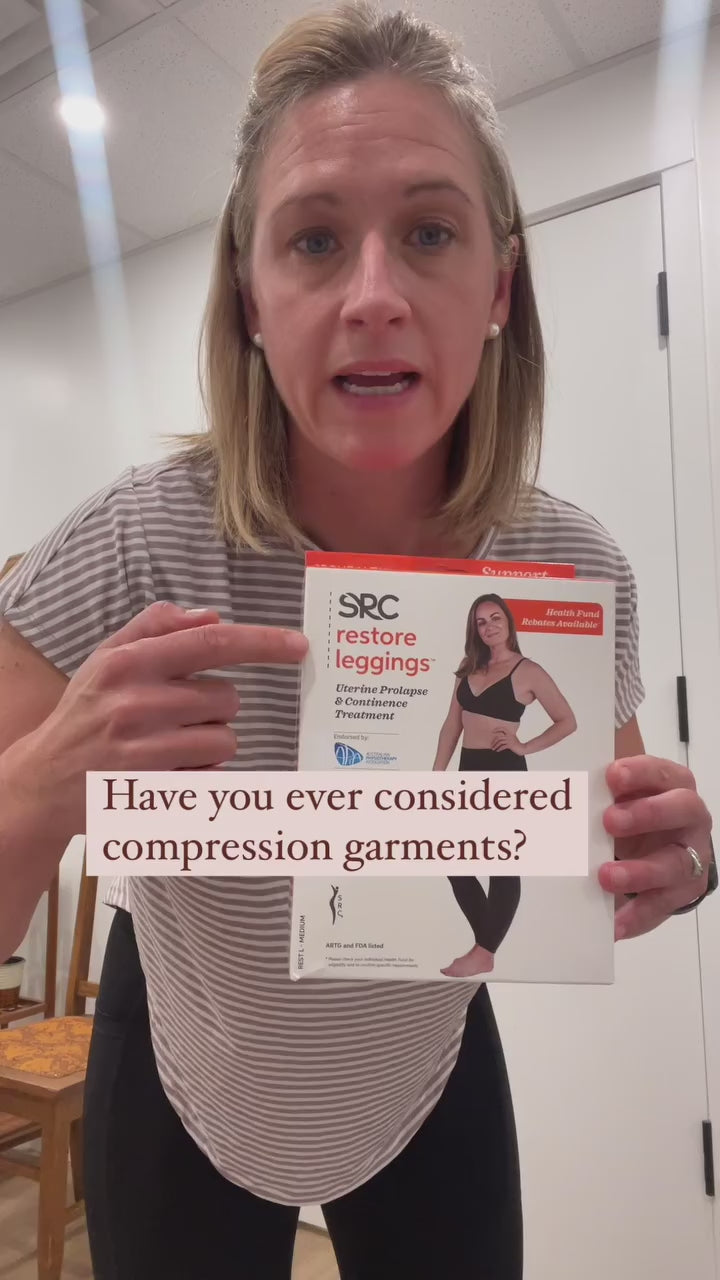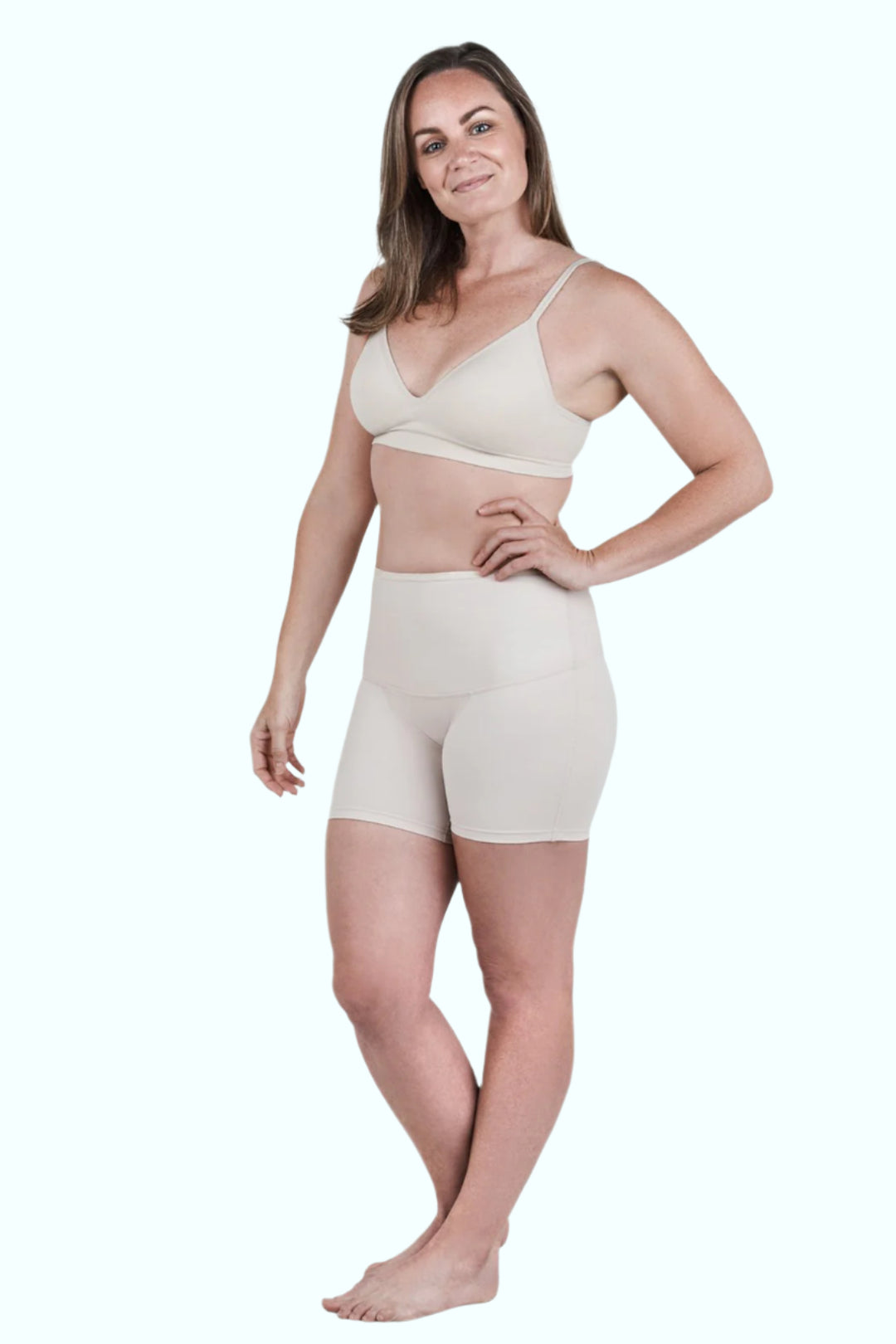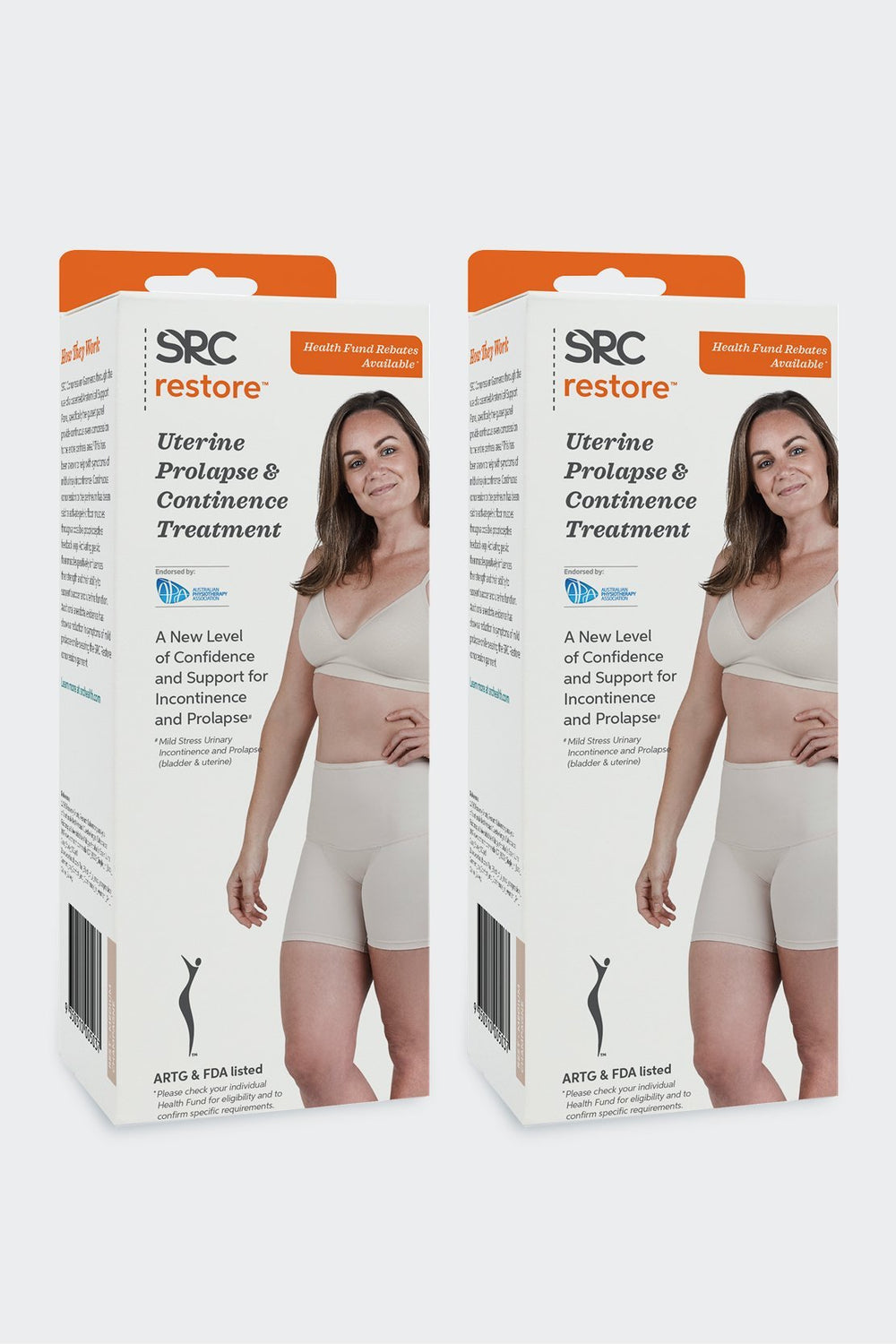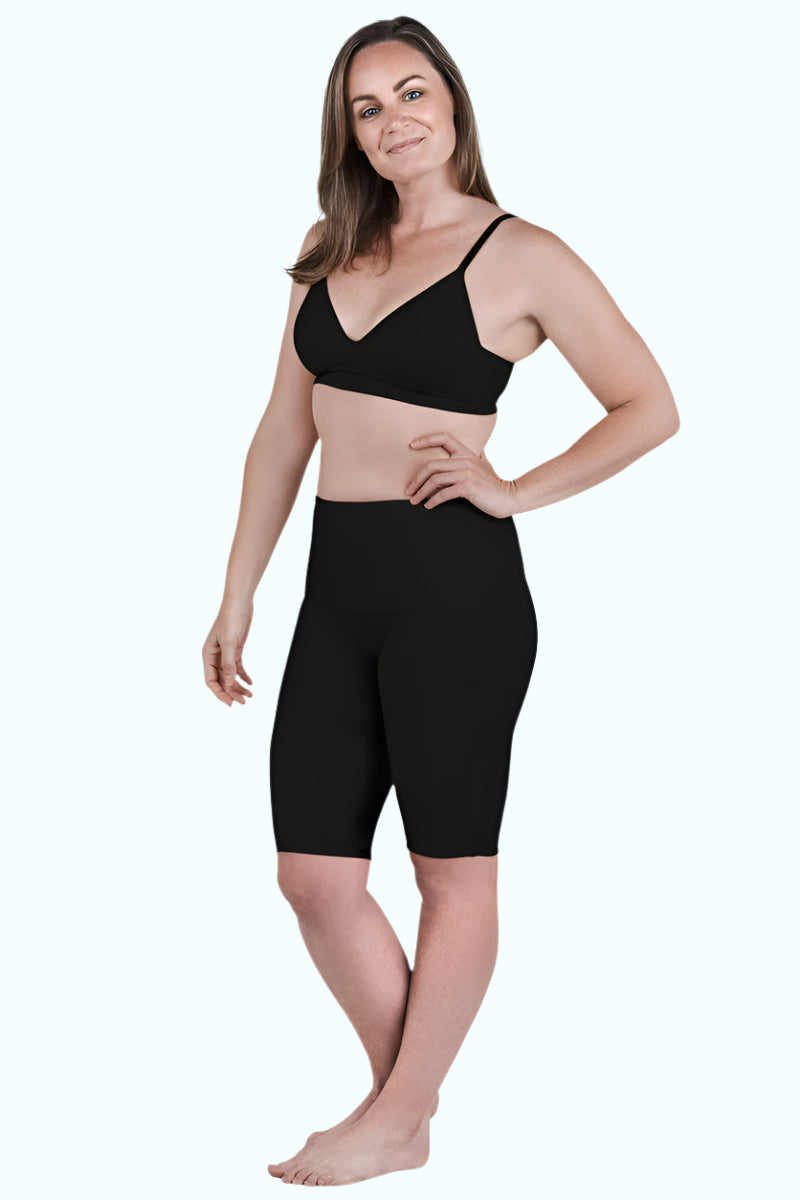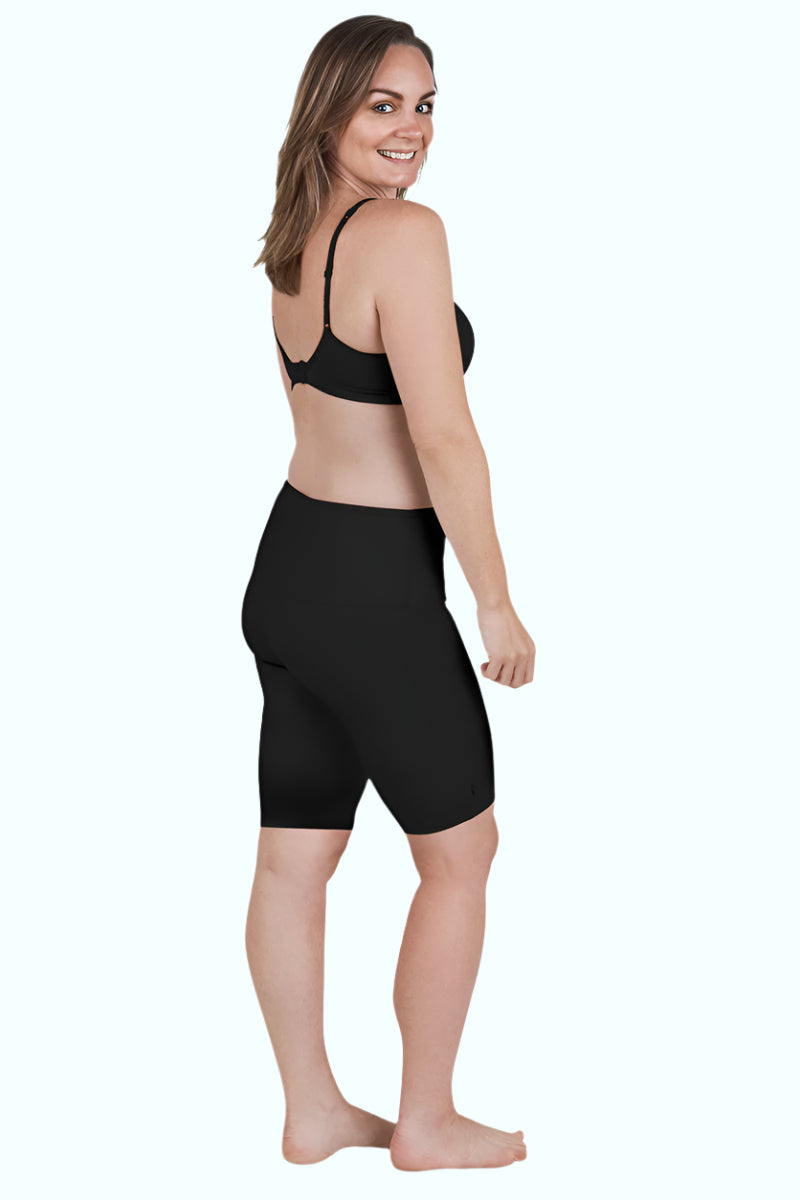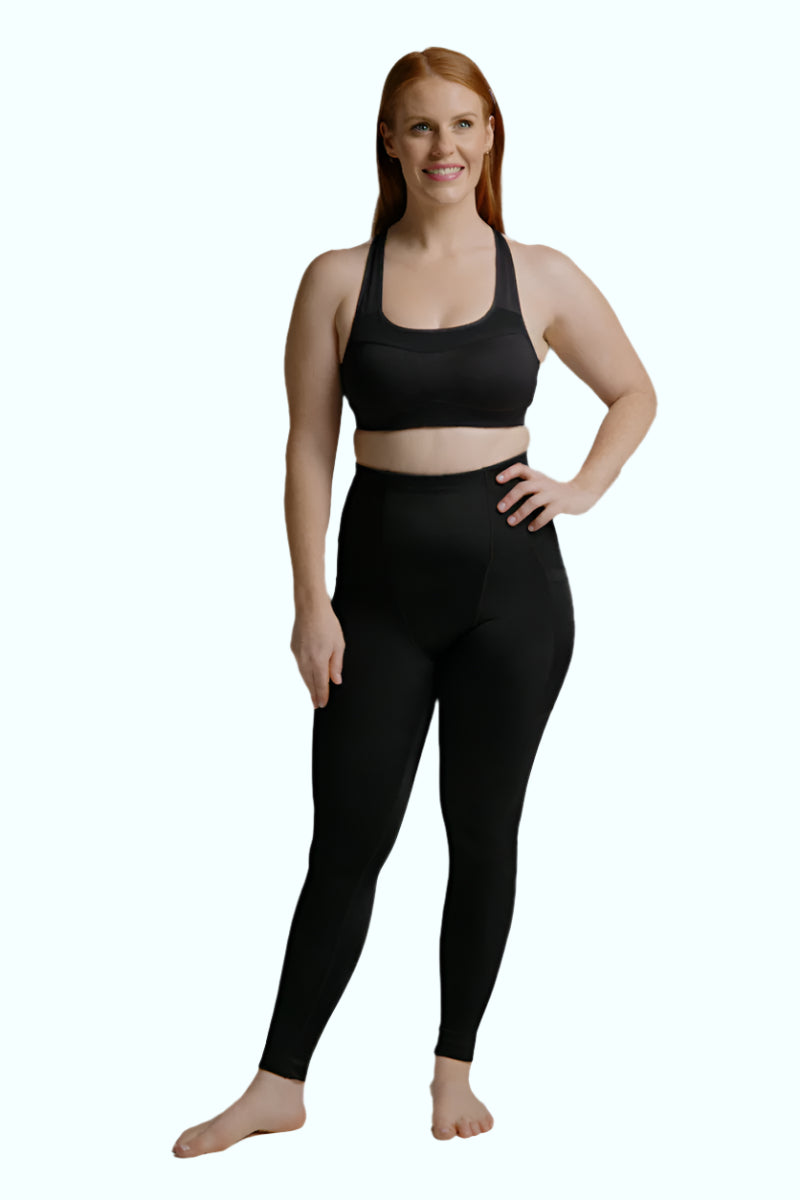Approximate Reading Time: 8 minutes
Every mother to be asks herself these questions and a quick google of the phrase reveals no surprises, with the most popular searches being:
- best age to have a baby biologically
- best foods for baby brain development
- best age to have a baby
- how to improve baby brain development during pregnancy
- best age to have a baby for a woman
- baby brain development food during pregnancy
- how to increase I.Q. of baby during pregnancy
Articles discussing the essentials of what you need, occupy the many pages of Google results with everything from medicines to diapers and furniture. Yet the single MOST important factor that will influence the baby's well-being is most often ignored.
Mum, what’s MOST important for the health of your baby? Can you number these in order of priority?
- Watch where you go; avoid crowds like shopping centers and restaurants
- Wash your hands and ask anyone who’s going to hold your newborn to wash their hands first to prevent the spread of cold, flu and other viruses
- Don’t stop breastfeeding
- Vaccinate
- Teach your older child and (any pets, e.g. never leave child alone with dog or cat) what to do
- Let your baby get used to noise. The womb is loud, and newborns are used to the noise
- Learn to soothe your wailing newborn
- Help get your baby to latch on
- Keeping your baby awake during feedings
- Help your Baby Bond with Dad / Partner
- Regular checkups with the health provider
- Respond to your baby; when your baby is sick, hungry, upset, or just needs some comfort. Babies reach out for you in countless ways: babbling, making sounds, or smiling. When you respond in a loving and consistent way, you help your baby’s brain develop.
- Provide a safe and loving home for your baby. Develop daily routines that your baby can count on. Keep your home calm.
- Help your baby explore his surroundings, both inside and out. Play helps babies learn, and you are your child’s first playmate. Playing simple games will help them learn about the people and the world around them. Remember to talk to your baby as you go through your daily routines. Tell your baby what is going on, point out interesting things that you see together, and help them develop their other senses—hearing, touch, taste and smell.
- Make sure you are in the best possible physical and mental health
If you have numbered the last point as No.1 then you are correct! The fact is you have to do all of those things above, they are all important. However, looking after yourself should be priority Number 1.
You are your baby’s most important asset! Caring for yourself is as important as caring for your baby.
Regardless of how ‘equal’ we now are in sharing our domestic, financial and parenting responsibilities, the mother remains the cornerstone of the family. You get sick and your whole family is in trouble.
Supported by the latest evidence some of the most important learning happens while we're still in the womb. Some of the amazing things that scientists are discovering about what foetuses learn while they're still in their mothers' bellies1:
- They learn the sound of their mothers' voices.
- Babies cry in the accent of their mother's native language. French babies cry on a rising note while German babies end on a falling note, imitating the melodic contours of those languages. Now why would this kind of foetal learning be useful? It may have evolved to aid the baby's survival. From the moment of birth, the baby responds most to the voice of the person who is most likely to care for it -- its mother. It even makes its cries sound like the mother's language, which may further endear the baby to the mother, and which may give the baby a head start in the critical task of learning how to understand and speak its native language.
- By 7 months of gestation, the foetus' taste buds are fully developed, and its olfactory receptors, which allow it to smell, are functioning. The flavours of the food a pregnant woman eats find their way into the amniotic fluid, which is continuously swallowed by the foetus. Babies seem to remember and prefer these tastes once they're out in the world. A good reason not to be a fussy eater yourself ?
- “Much of what a pregnant woman encounters in her daily life -- the air she breathes, the food and drink she consumes, the chemicals she's exposed to, even the emotions she feels -- are shared in some fashion with her foetus. They make up a mix of influences as individual and idiosyncratic as the woman herself. The foetus incorporates these offerings into its own body, makes them part of its flesh and blood. So what a foetus is learning about in utero is not appreciation of Mozart but answers to questions more critical to survival. Will it be born into a world of abundance or scarcity? Will it be safe and protected, or will it face constant dangers and threats? The pregnant woman's diet and stress level in particular provide important clues to prevailing conditions. The resulting tuning and tweaking of a foetus' brain and other organs are part of what give us humans our enormous flexibility, our ability to thrive in a huge variety of environments, from the country to the city, from the tundra to the desert. It seems that foetuses are taking cues from the intrauterine environment and tailoring their physiology accordingly. They're preparing themselves for the kind of world they will encounter on the other side of the womb. The foetus adjusts its metabolism and other physiological processes in anticipation of the environment that awaits it. And the basis of the foetus' prediction is what its mother eats. The meals a pregnant woman consumes constitute a kind of story, a fairy tale of abundance or a grim chronicle of deprivation. This story imparts information that the foetus uses to organize its body and its systems -- an adaptation to prevailing circumstances that facilitates its future survival.
- Foetal Origins Research is not about blaming women for what happens during pregnancy. It's about discovering how best to promote the health and well-being of the next generation. That important effort must include a focus on what foetuses learn during the nine months they spend in the womb. Learning is one of life's most essential activities, and it begins much earlier than we ever imagined.
To watch or read this fascinating research summary go to https://www.ted.com/talks/annie_murphy_paul_what_we_learn_before_we_re_born/transcript?language=en#t-512305
So what’s best for YOU, is by default best for baby. There are so many references online, so to save you some time we have compiled a list of those good things in chronological order.
Fit Pregnancy
The fitter you are before getting pregnant and the fitter you stay through your pregnancy, the faster you are likely to recover. Here are two great articles on “getting fit for pregnancy”, and starting your journey on the right foot:
Do not stress if you are already pregnant - it’s not too late to start.
Today many women make it a priority to start looking after themselves as they get pregnant. Just make sure you consult your health care professional for a suitably gentle routine. Here are 3 articles that look at exercises during pregnancy regardless of your level of fitness.
Be Active Physio
How to get your body ready for pregnancy - Today's Parent (todaysparent.com)
Top 5 Exercises During Pregnancy Regardless of Your Fitness Level – SRC Health
Fit Pregnancy Nutrition
A healthy diet is an important part of a healthy lifestyle at any time, but especially vital if you’re pregnant or planning a pregnancy. Healthy eating keeps you feeling good and gives your baby the essential nutrients they need in the womb.
The latest research shows that you DO NOT NEED TO EAT FOR 2. During the first trimester, a woman’s energy (kilojoule, kJ) intake should remain about the same as it was prior to the pregnancy, which means that extra food is not required.
During the second and third trimester, the energy needs of pregnant women increase. To meet energy and nutrient needs during this time, pregnant women are recommended to increase their intake of grain foods (an extra 2 ½ serves per day), and lean meats and alternatives (one extra serve per day).
There are also a number of foods you should aim to avoid.
If you want to know more about Folate or have a personalised assessment you can contact a Naturopath and Nutritionist who specialising in fertility, pre-conception care, pregnancy and women’s health, like Shannon Stokes of Natology they have Skype appointments and cater to women all around the world.
Healthy diet during pregnancy | Pregnancy Birth and Baby (pregnancybirthbaby.org.au)
Food & nutrition in pregnancy | The Royal Women's Hospital (thewomens.org.au)
Nutrition for pregnancy » Dietitians Australia
Natology
Wounds / Stitches / Perineum Care
Vaginal Delivery:
Post-Partum check-up is critical to your wellbeing. American College of Obstetricians and Gynaecologists now recommends that postpartum care be an ongoing process rather than just a single visit after your delivery. Have contact with your health care provider within the first 3 weeks after delivery. Within 12 weeks after delivery, see your health care provider for a comprehensive postpartum evaluation to address symptoms like:
- Vaginal Soreness
- Vaginal Discharge
- Incontinence
- Haemorrhoids and bowel movement
C- Section:
- After caesarean, caring for your wound and avoiding strenuous activity are also part of a healthy caesarean recovery.
A good quality compression garment designed and made specifically for post-partum recovery will go a long way to speeding up the healing process; reducing episiotomy, c-section and perineal wound swelling and pain. Buy SRC Recovery Shorts or Leggings here
Postpartum care: After a vaginal delivery - Mayo Clinic
Some other great products and information to check out for post-partum care:
SRC Reusable Bamboo Breast Pads - 8 pack – SRC Health
SRC Relief Femme-Eze Perineum Ice & Heat Packs – SRC Health
Recovery after caesarean: first six weeks | Raising Children Network
Abdominal Separation / Lower Back Pain
Kick-start your recovery and fitness post-baby with daily exercises, interviews and video resources designed to help you rebuild your core after pregnancy and beyond from one of Australia’s leading physiotherapists, Shira Kramer who has helped over 5,000 women recover post child birth with safe and effective exercise, including restoring core muscle function and diastasis recti (DRAM) recovery. Restore your Core with Shira Kramer
Anatomical Support Panels of the SRC Recovery garment range deliver targeted compression, ideal for treating multiple conditions such as perineal wounds, C-Section and abdominal muscle separation (DRAM) as well as lower back support. Buy SRC Recovery Shorts
Mobility / Stability
Enjoy the support to move more freely after delivery and make lifting, feeding, bathing and caring for your
baby easier. With no adjustable buttons, velcro or zips, this specialist compression garment is like a second skin with no need to constantly adjust while wearing. Buy SRC Recovery Shorts
Breast Care
Whether you are breastfeeding or bottle feeding you need to look after your breasts. A good quality well-fitting nursing bra is a must. We love CAKE 😊 and are pretty sure you will love Cake Maternity too. Maternity Lingerie & Nursing Wear | Cake Maternity
Soothing nipple cream and a breast ice pack will go a long way to easing your breast aches and pains. Reusable Breast Pads
Other great breast care resources:
Australian Breastfeeding Association
MooGoo Skin Care
Nutrition
Here’s a great article on nutrition during the “4th Trimester”
SURVIVING THE 4TH TRIMESTER - Natology
Emotional Wellbeing
Just as important as your physical health is your mental state. Most mums agree that doing something, anything, that makes you feel good once a day is a great idea. It maybe as small as getting dressed and getting out of your pyjamas, putting on make up or getting out of the house and going for a walk outside.
Perinatal anxiety and depression is common, has many faces and does not discriminate – it can affect anyone, and have devastating consequences for individuals and families if left untreated.
If you or someone you know is struggling with perinatal anxiety and depression, please seek assistance by visiting PANDA– Perinatal Anxiety & Depression Australia or calling the National Helpline 1300 726 306.
PANDA - Perinatal Anxiety & Depression Australia
Alternatively, Postpartum Support International Postpartum Support International to find support in your country.
References:
1. Ted Talk; What we learn before we are born.


